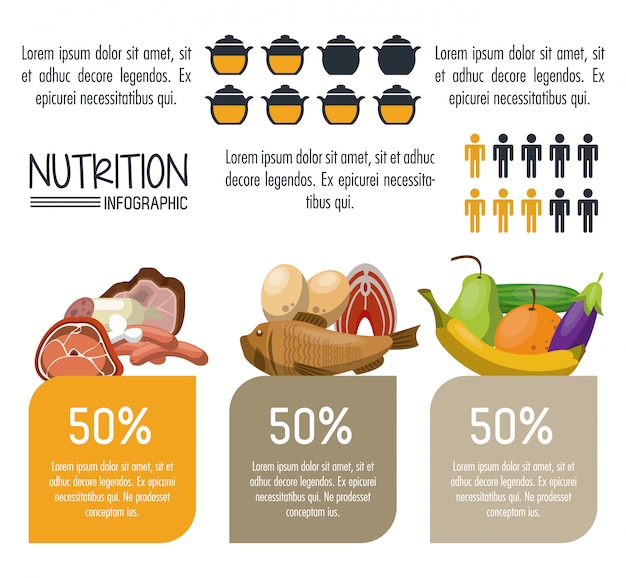
When we shop for food or prepare meals for our families, we hope to provide our loved ones with tasty and nutritious food. But did you know that many commonly bought vegetables, grains, and pulses aren’t as healthy as they seem? They are often grown using artificial fertilizers, pesticides, and even antibiotics, which can potentially harm our children’s growth and development over time.
So, how do we avoid these harmful additives and still cook nutritious meals? The answer lies in organic food. If you thought organic food was just a fad, think again. In the past three decades, the sales of organic food in the U.S alone have more than doubled. In the last ten years, thousands of households worldwide have adopted organic products, experiencing a wealth of health benefits.
But what makes food organic? Any food producers seeking organic certification must follow a strict and rigorous process. This involves coming up with a detailed plan outlining their complete food production process, from growth to transportation. Once the plan is implemented, it is carefully reviewed by a certifying agent and followed by an onsite inspection of the production facility. An inspection report is put together and submitted to the USDA. If granted organic status, the site continues to be inspected annually.
Turns out, choosing organic food can do wonders for your family’s health. Organic food is rich in nutrients and antioxidants, free from pesticides, contributing to stronger immunity and overall health. Individuals who choose organic generally have healthier skin, better energy levels, and fewer chances of allergies.
Feeding your family organic food can also protect them against lifestyle diseases like high cholesterol, diabetes, high blood pressure, and cancer. From a nutritional standpoint, organic foods are a stellar choice. Organically farmed fresh produce like tomatoes, spinach, and citrus fruits have a higher content of essential vitamins and minerals. They are completely free from artificial growth hormones and antibiotics, which are commonly used in conventional farming.
Moreover, organic food is fresher since it does not contain preservatives. This means the organic produce you buy from your local store is straight from the farm. Non-vegetarian organic foods come from naturally bred animals, ensuring the meat is healthy and GMO-free.
Also, eating organic can have positive effects on your mental health. The high nutrient and antioxidant content in organic food can promote a stable emotional well-being. Foods like organic Khapli wheat can support your endocrine system, which regulates hormones vital for our reproduction, growth, and metabolism.
So, is organic food worth it? Absolutely. It’s healthier for people of all ages by reducing exposure to harmful additives found in processed and packaged foods. While it might seem costlier upfront, the long-term health benefits of going organic far outweigh the initial cost.
By choosing organic, you’re investing in better health, improved immunity, and a chance at a life free from chronic illnesses like obesity and diabetes. Organic food provides your body with the right nutrients, making it easier for digestion. So, go give organic food a shot, your body will thank you!
*About the author:* Kunal Tambe works with Two Brothers Organic Farms, an online organic store. He aims to spread awareness on organic farming, sustainability, nutrition, and climate change through his writings. In his spare time, Kunal enjoys adventure sports and listening to classical music.
*Tags:* Organic Food, Benefits, Kids, Family


